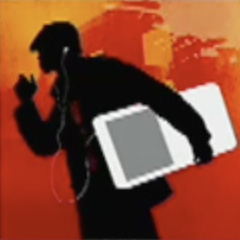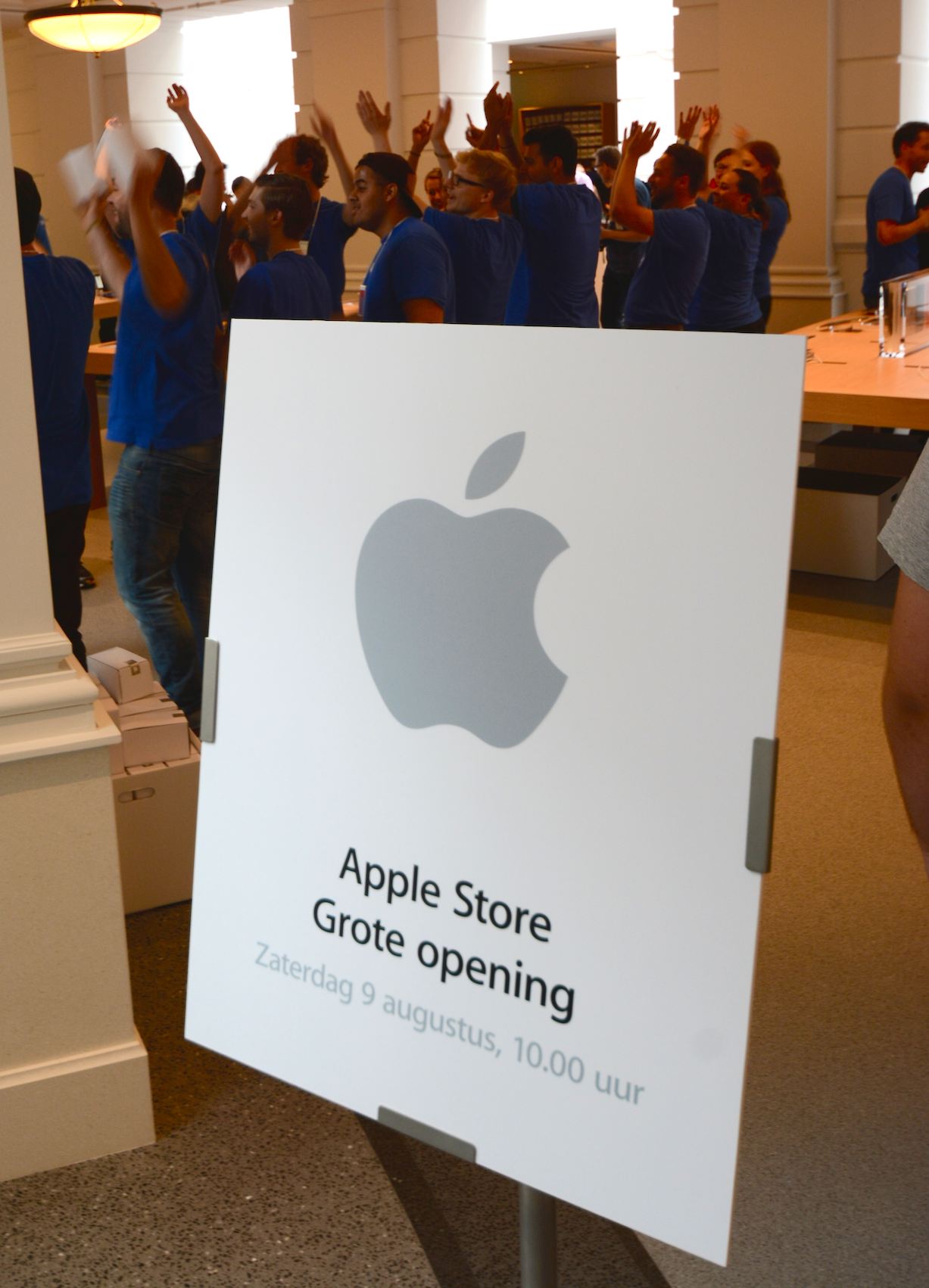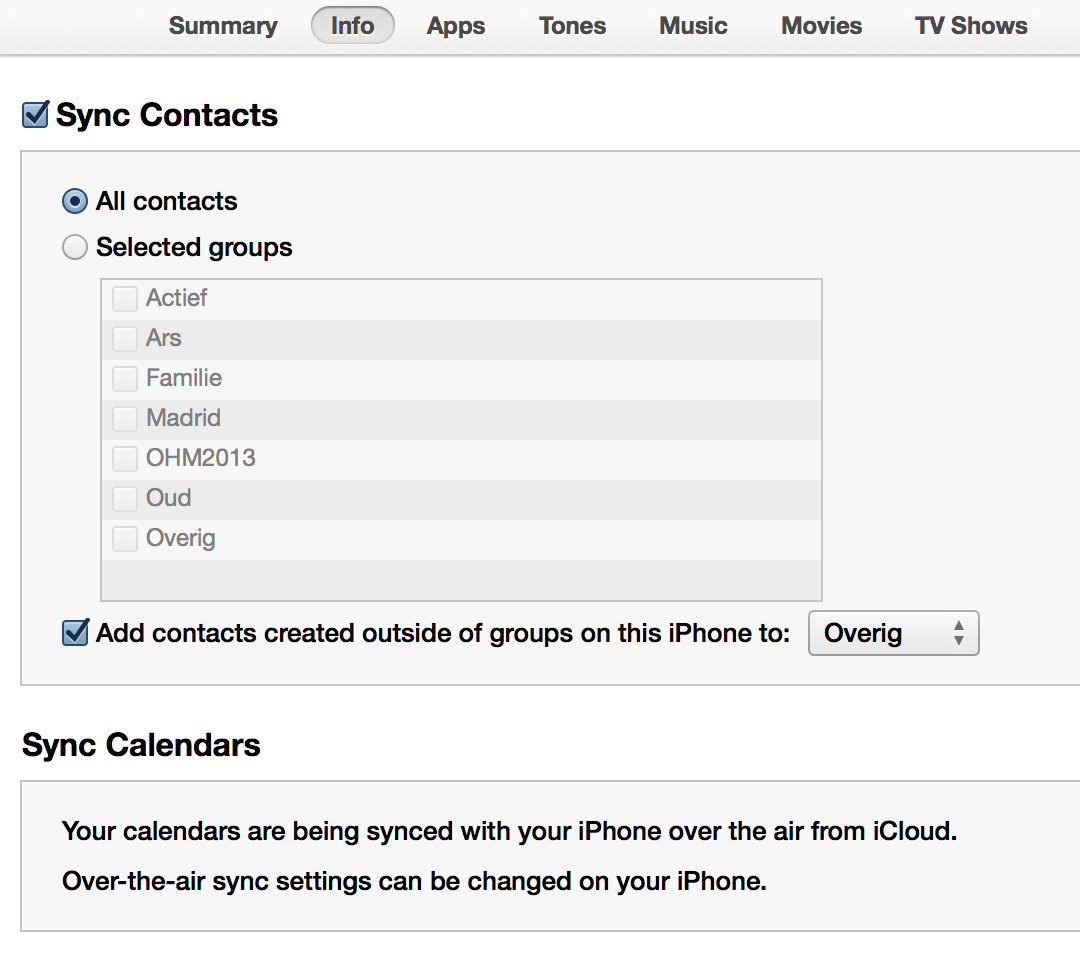Was the iPad a fad?
▼ Many people's first take on the iPad was that "it's just a big iPod touch". And so it is, really. But sentiments changed quickly as sales numbers skyrocketed: the king (the computer) is dead, long live the new king (the iPad). But then iPad sales numbers went down for two consecutive quarters. While Mac sales were up.
There are of course many possible explanations: iPads aren't upgraded biennially¹ like phones, but rather every three years or longer. Apple's prices are too high. Competition from cheap Android tablets.
Software on the iPad doesn't seem to do very well, either, which has its own issues, but I think the real reason for lack of both hard- and software sales is that the iPad simply isn't as useful to as many people as industry watchers thought.
Although I'm pretty deep inside the Apple eco system, having bought six Apple laptops and three iPhones (one of each every two years), I never got an iPad. The laptop can do everything, the phone is with me 24 hours a day. Do I really want to spend money on a third device that occupies middle ground? My answer: no. Especially not as long as Apple limits what kind of software gets to run on the iPad. On a phone that makes some sense, as it has a tiny battery and the phone function needs to work reliably. But not on the iPad, which is for all intents and purposes a general purpose computer that's rarely far away from a power outlet for long.
The way I see it, the iPad has three main use cases for consumers:
- Early adopters. Why sit on the couch with a big laptop or a small phone when you can have a third device that's perfect for that particular use case?
- Young kids. The touch interface and the size of the device is perfect for them.
- Reluctant computer users. No file system, simplified OS and user interface, but they still get to browse the web, send the occasional email and the like.
The trouble with the first group is that there are only so many people who are willing to spend the money for something that is just a little bit better for some uses than something they already have. The same thing for kids: kids tend to break stuff, and iPads aren't cheap. So unless/until the price comes down, or maybe until Apple introduces a more rugged model, the main market for iPads has to be people who prefer the simplicity of an iPad over the complexity of a computer.
I just don't think this group is as big as many people seem to think. My mother was around 50 when she got her first computer. I was surprised at how well she managed to use it. That was more than a decade ago, when things like networking and managing photos and music were much harder than they are today. Most people under 60 manage just fine with "real" computers, and aren't going to give up useful features for the simplicity of an iPad.
And if iPads can't displace real computers, they're going to remain a third device, which only does a few things better than a laptop or a smartphone, but adding the hassle of another device to manage and charge, as well as the complexity of syncing data between devices. Sure, iCloud is supposed to take care of that, but only if you're 100% in the Apple ecosystem and don't mind having your data on remote servers. And that's when everything works the way it's supposed to.
I believe the early sales numbers of the iPad were largely fad-fueled. The fad seems to be over now. I'm sure tablet-like devices are here to stay, but so are regular computes. The next clash will be when ballooning smartphone screen sizes and shrinking tablet sizes meet in the middle. However, don't be deceived by "5.5 inch" iPhones vs "7 inch" (actually 7.9") iPads. The new extra big iPhone would have a 12.4 x 7 cm screen, while the iPad mini has a 16 x 12 cm screen. So the iPad mini still has more than twice the screen area as a 5.5" iPhone.
¹ Originally I wrote "semi-anually", but it was brought to my attention that the word is spelled "semiannually" (I know I shouldn't trust the spell checker!) and it actually means twice a year. The correct term for every other year is biennially, not to be confused with biannually, which again means twice a year.
Permalink - posted 2014-08-25

 It looks like the introduction of the iPhone 6 is only a few weeks away. And if the rumors are to be believed, it's going to be bigger than the iPhone 5/5S/5C. People talk about 4.7 inches vs 4 inches for the iPhone 5 family, which I'll take as 12 cm vs 10 cm—a 20% increase.
It looks like the introduction of the iPhone 6 is only a few weeks away. And if the rumors are to be believed, it's going to be bigger than the iPhone 5/5S/5C. People talk about 4.7 inches vs 4 inches for the iPhone 5 family, which I'll take as 12 cm vs 10 cm—a 20% increase.

